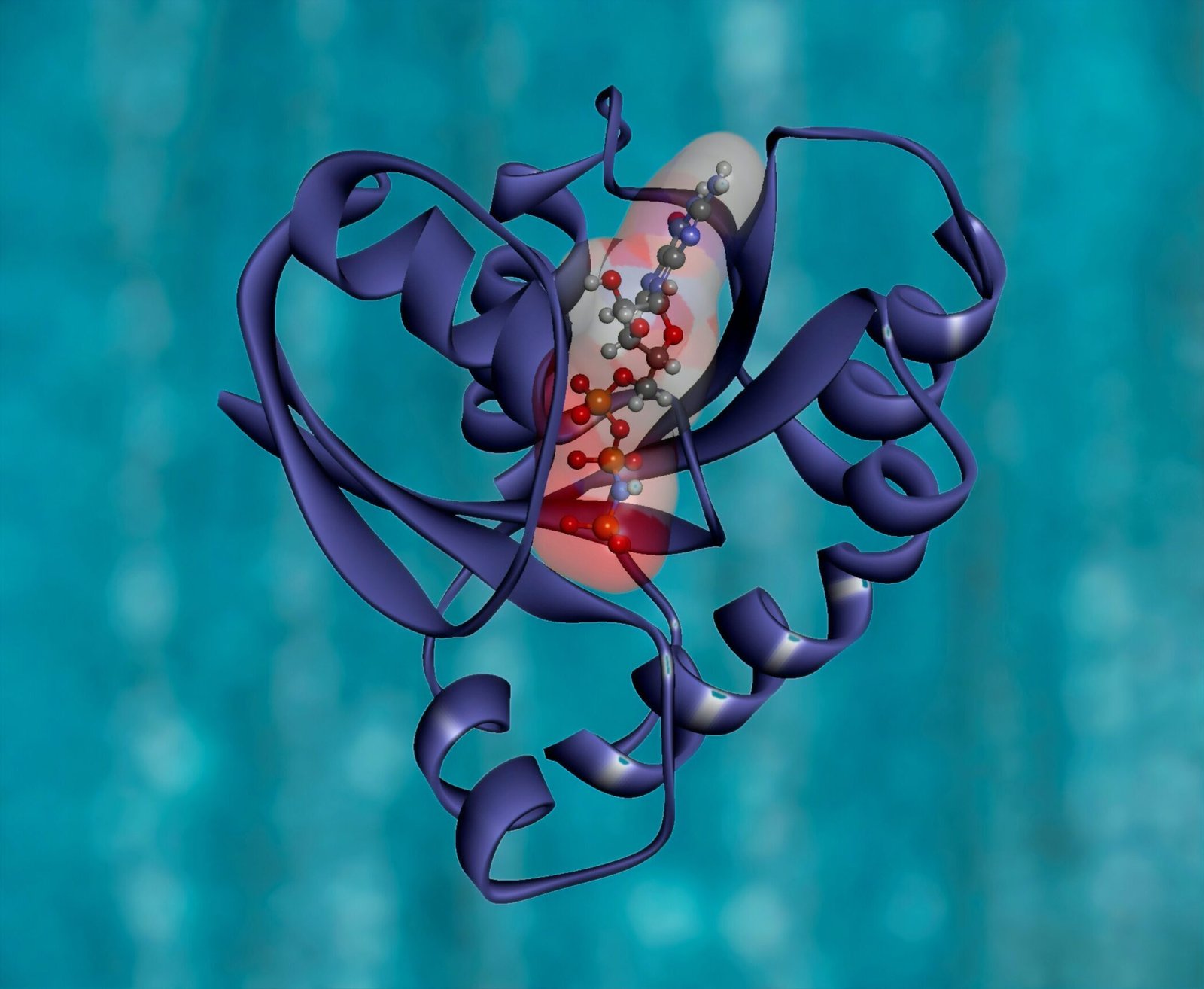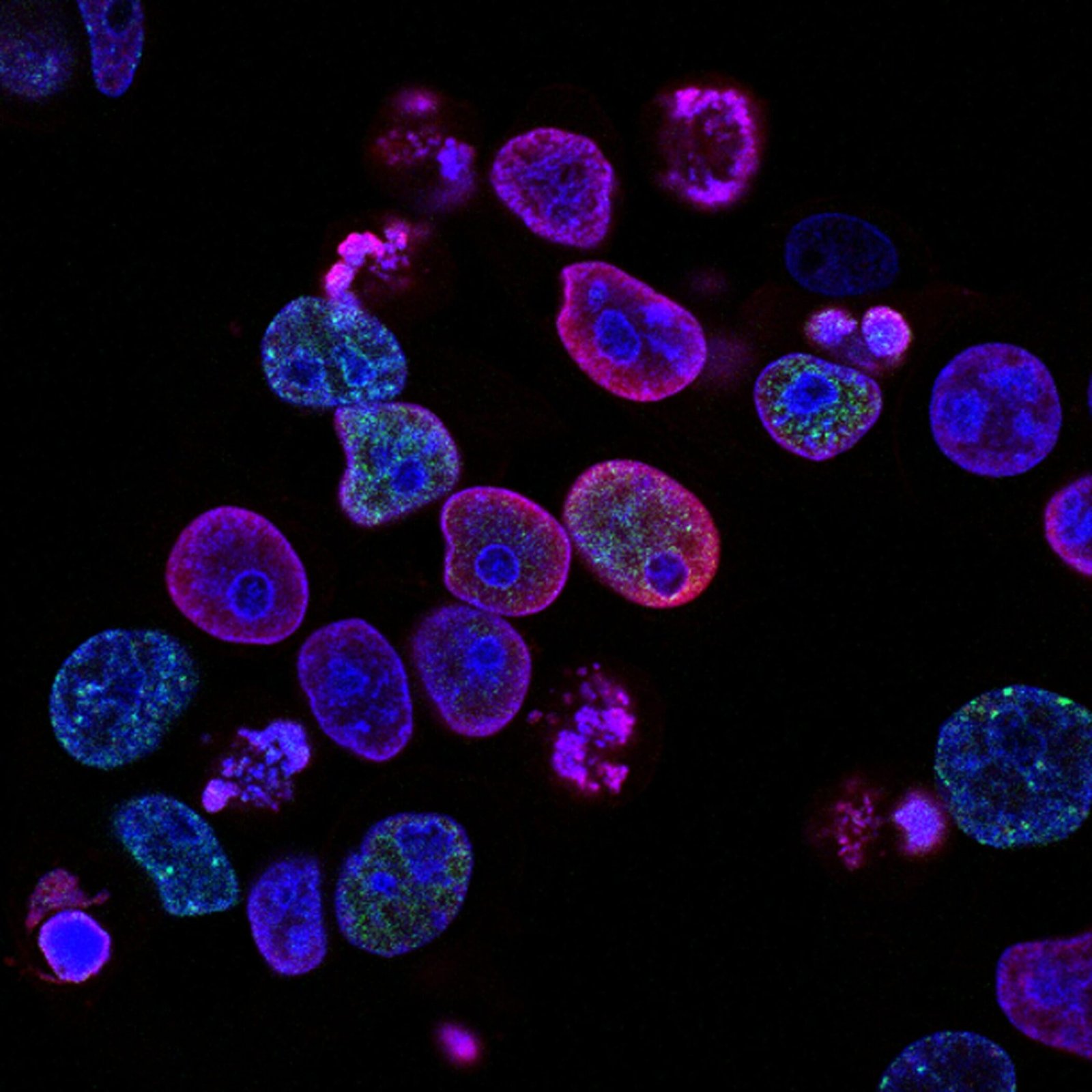
What are Somatic Cells?
Somatic cells are the building blocks of the human body. They make up the tissues, organs, and systems that allow our bodies to function. Unlike reproductive cells, somatic cells are not involved in the creation of new life. Instead, they play a crucial role in maintaining and repairing the body.
The Composition of Somatic Cells
Somatic cells carry two sets of chromosomes, one inherited from each parent. These chromosomes contain the genetic information that determines our physical characteristics and traits. The nucleus of a somatic cell contains the DNA, which is organized into structures called chromosomes.
Each somatic cell contains 46 chromosomes, with 23 pairs. The first 22 pairs are called autosomes and are the same in males and females. The 23rd pair determines the sex of an individual, with XX chromosomes in females and XY chromosomes in males.
The Functions of Somatic Cells
Somatic cells perform a wide range of functions that are essential for the body’s overall well-being. Some of the key functions include:
- Growth and Development: Somatic cells are responsible for the growth and development of the body. They divide and multiply to produce new cells, allowing the body to grow and repair itself.
- Tissue Repair: When the body is injured, somatic cells play a crucial role in the healing process. They migrate to the site of injury and divide to form new cells, which replace the damaged or dead cells.
- Maintenance of Homeostasis: Somatic cells help maintain the body’s internal environment by regulating various physiological processes. They ensure that the body’s temperature, pH levels, and other vital parameters remain within a narrow range.
Types of Somatic Cells
There are numerous types of somatic cells in the human body, each with its own unique structure and function. Some common types of somatic cells include:
- Epithelial Cells: These cells form the outer layer of the skin and line the internal organs and cavities.
- Muscle Cells: Muscle cells are responsible for movement and contraction. There are three types of muscle cells: skeletal, cardiac, and smooth.
- Neurons: Neurons are specialized cells that transmit electrical signals in the nervous system, allowing us to think, feel, and move.
- Hepatocytes: These cells make up the majority of the liver and perform various functions, including detoxification and metabolism.
Conclusion
Somatic cells are the fundamental units that make up our bodies. They carry the genetic information inherited from our parents and play a vital role in growth, repair, and maintenance of the body. Understanding somatic cells can help us appreciate the complexity of our bodies and the intricate processes that keep us alive and functioning.


